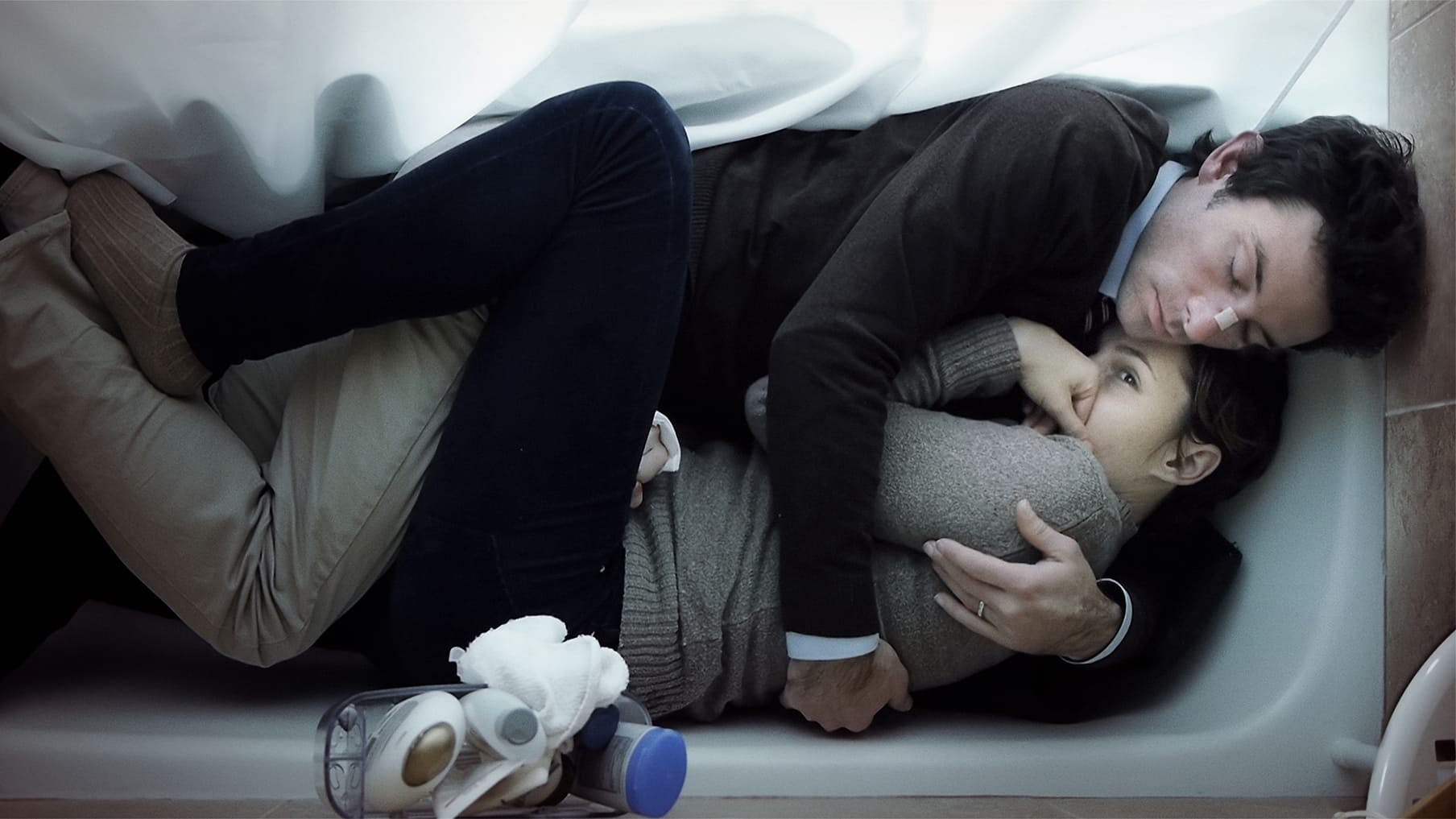Upstream Color [2013] is the second feature film directed, written, produced, scored by, and starring Shane Carruth; an ambitious follow up to his critically acclaimed independent time-traveling debut Primer. The film follows a man and a woman drawn together as they struggle to assemble the loose fragments of wrecked lives. Starring Amy Seimetz as Kris, alongside Shane Carruth.
My Head Is Made Of The Same Material As The Sun. Shane Carruth established himself as a unique filmmaker and storyteller in 2004 with his debut film Primer, which follows two friends who accidentally create a time machine. Created on a shoestring budget and shot nearly 1:1 on a limited roll of film, Primer carefully unravels a plot that evolves across nine or more timelines without giving the audience hints or breaks from the forward momentum and educated dialogue shared by the characters. It’s a refreshing and challenging movie-watching experience that doesn’t leave room to question whether or not it needs to be viewed at least three more times, and with Upstream Color, it proves to be the filmmaker’s modus operandi.
They Could Be Starlings. Carruth’s follow-up is only more ambitious, more complex, and more refreshing and challenging as films go. Given a bit of a larger budget (but still nowhere near six figures) and a lot more as far as picture and audio quality is concerned, Upstream Color paints a story in a way only film can. The film is mostly void of dialogue, showcasing great sound design and score. The story forms together from pieces that ultimately add up to wholes, littered full of so many subtle and brilliant fragments that even upon one-umpteenth viewing, things will stand out for the first time.

A Sullen Rush And Roar. Every aspect of the production is mesmerizing. Even if you aren't sure what's going on in the story, it’s impossible to turn away or become uninterested. The strangeness of the circumstances of the events on screen is more than enough to hook. The impeccable score and beautiful cinematography absorb the viewer like some filmmakers can only dream of. It’s an experience that’s hard to pin down and will likely change from viewing to viewing. At first, you could be hypnotized and confused, piecing together the dots to figure out what it all means. You could be moved to tears at the beauty and emotion on display, and at times question why you're crying in the first place — it’s a mysterious and miraculous thing.
Worms And Pigs and Who We Are. The story is simple, abstract, and grand all at once. The root of the tale seems to be mostly about individuality: what makes a person who they are? If you strip away everything from a person’s life — what makes them who they are when the dust settles, and they begin to put the fragments back together? And when it comes to love, being in a relationship, what sets both parts of the pair apart? What makes each of us an individual within a couple? When does the illusion of individuality start to crumble away, and if it does, why? Those are just some of the simpler questions the film puts forth.
A Progression Of Moods And Feelings. It's tough to review something like Upstream Color — A unique experience — challenging, beautiful, emotional, and makes one feel and forced to think. You cannot deny the quality craftsmanship of the production. Every aspect of this film is technically brilliant. Each shot is lit and composed masterfully. The sound design is stunning and easily one of the most important and memorable aspects. The score is haunting, sad, hopeful, and moving in ways that are difficult to describe. The level of detail and work put into this micro-budgeted indie project are astounding. Upstream Color is a significant film to experience and study — for those who enjoy absorbing cinema, particularly those who strive to create it. Shane Carruth is a unique, iridescent storyteller.
Technically brilliant, emotionally vibrant, thought-provoking, and challenging.

Watch Upstream Color Now
![Upstream Color [2013]](https://borrowingtape.com/wp-content/uploads/2015/11/6140892_orig.jpg)